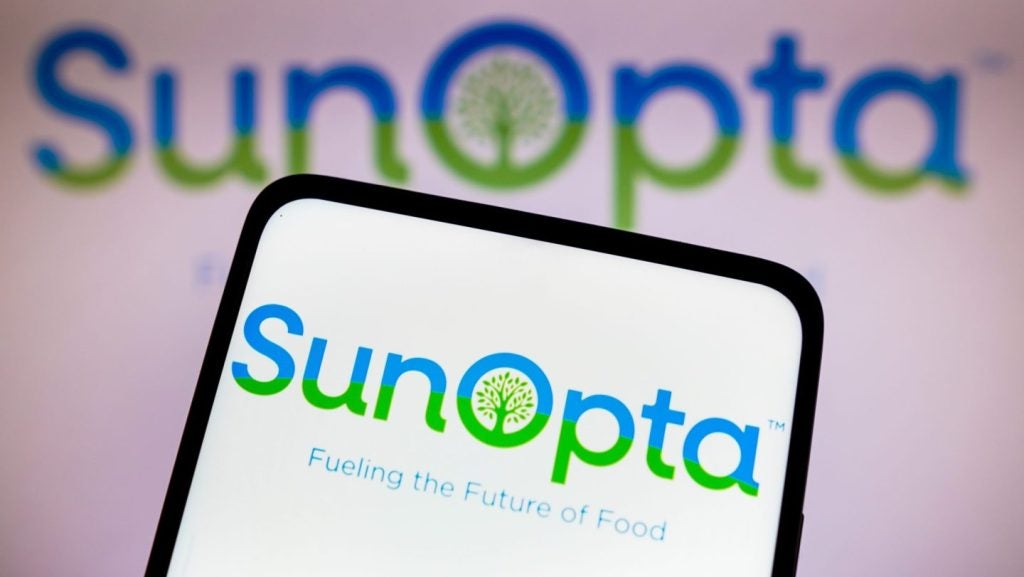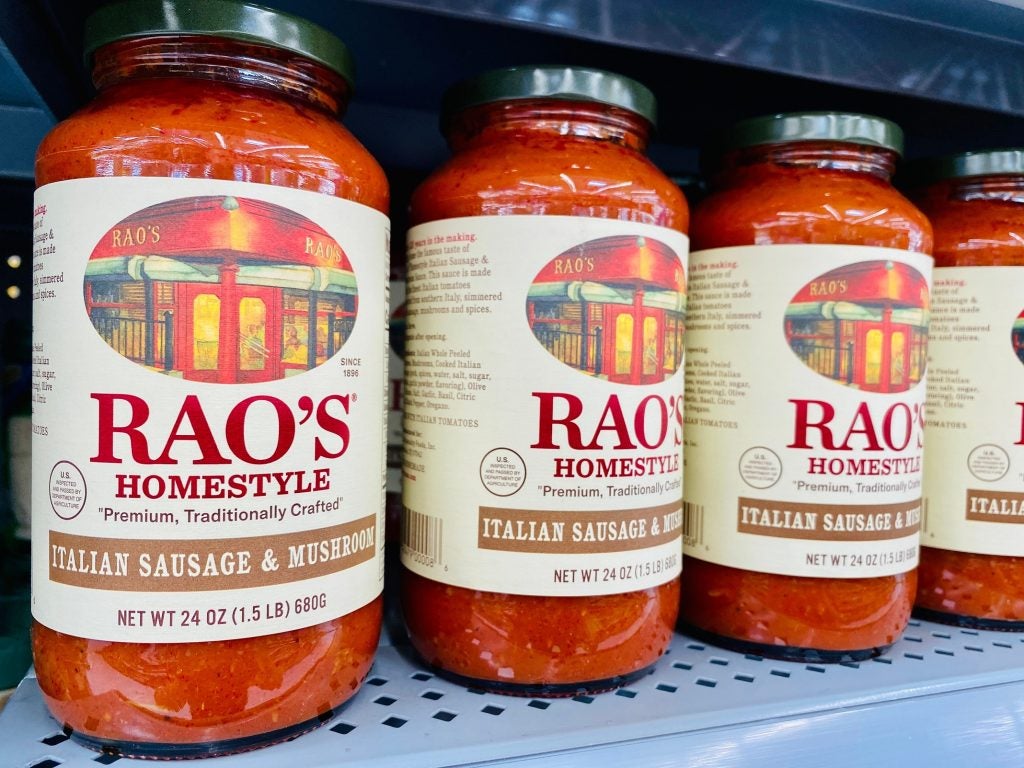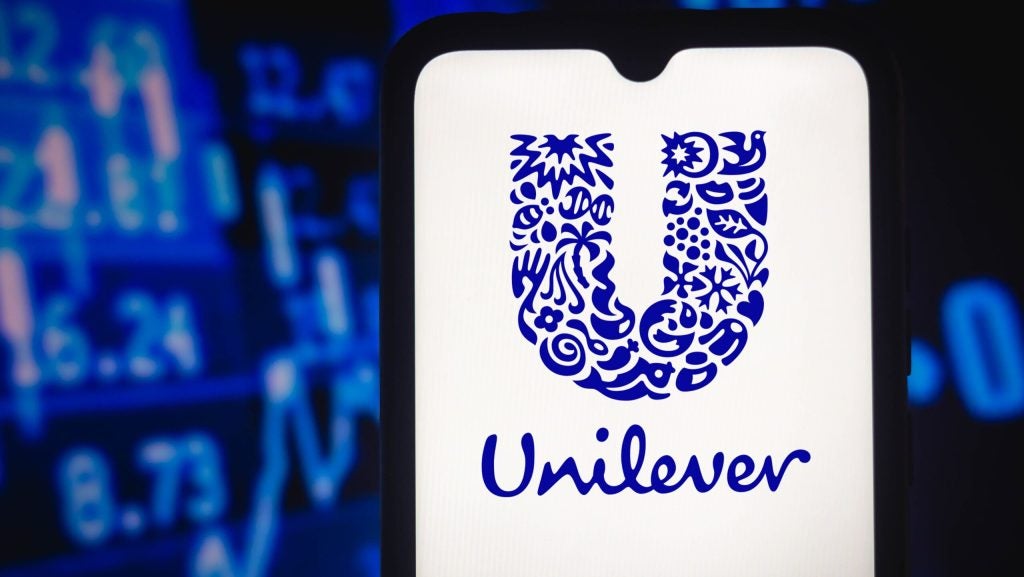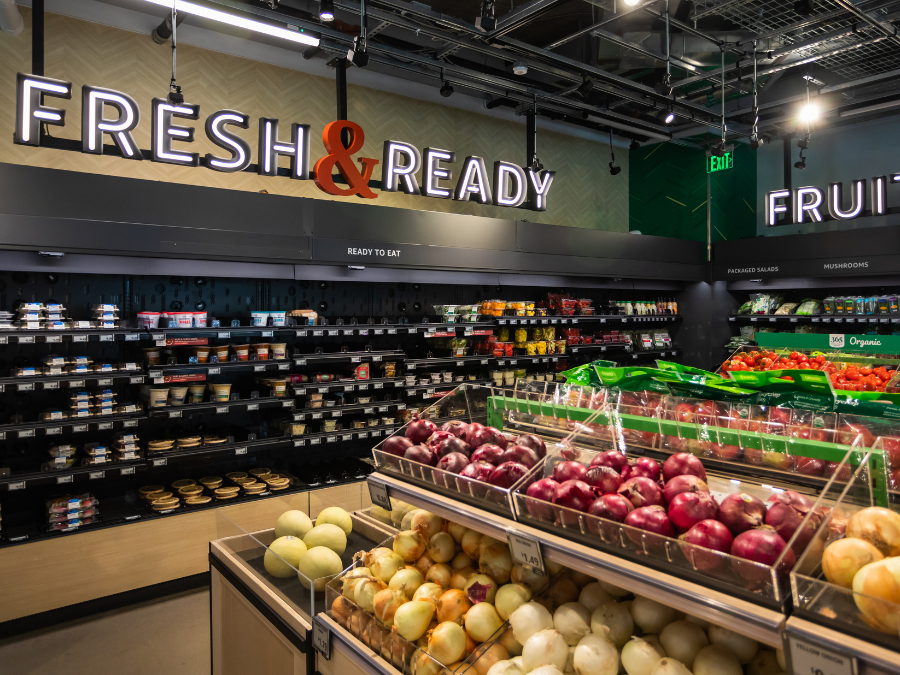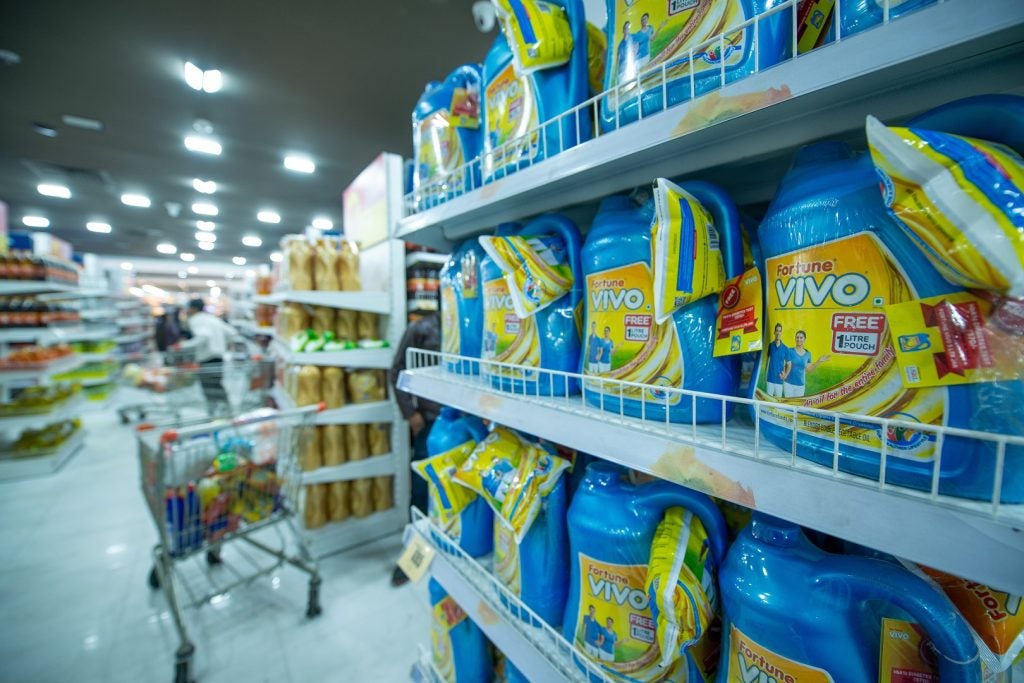SunOpta has reduced its sales outlook for the year after a disappointing second quarter, noting frozen fruit customer losses, a slower ramp-up of new business and category softness.
The US plant-based and better-for-you supplier has cut its full-year sales forecast to $880m-$900m in revenue, predicting sales to fall by between 4% and 6% for the twelve-month period.
The company’s previous forecast revenue for the twelve-month period was $1bn-$1.05bn, which amounted to growth of 7% to 12%.
The newly forecast $87m-$91m in adjusted EBITDA now predicts growth of between 4% and 9%. However, SunOpta’s previous outlook had adjusted EBITDA of $97m-$103m, representing growth of 16% to 23%.
CEO Joseph Ennen said that a fall in frozen fruit customers was one of the reasons behind the new forecasts. The group reported lower volumes of frozen fruit due to decreased retail consumption trends, constraints on certain fruit varieties impacting blends and lost foodservice volumes.
SunOpta revealed its revised outlook alongside its second-quarter results for the year, which indicated a tough period for the plant- and fruit-based business.
The group’s revenue fell 6.5% on the previous year, after adjusting the figures due to SunOpta’s divestment from its sunflower business in October 2022.
Nevertheless, the group reported a net loss of $18.8m for the quarter and adjusted EBITDA of $20.2m, down from $22.3m last year.
In June, the group’s subsidiary Sunrise Growers issued a voluntary recall of specific frozen fruit products linked to pineapple provided by a third-party supplier due to possible contamination by listeria monocytogenes. SunOpta said it ran up expenses of $2.5m resulting from the recall.
Ennen said in a statement the group was “certainly not pleased with the quarter”.
He added: “Demand for our oat-based offerings remains exceptionally strong, as volume growth drove a 59% increase in oat milk sales during the second quarter. Our fruit snack business also delivered another quarter of double-digit increases. In addition, we continue to make steady progress on our strategic growth initiatives including starting up our new ready-to-drink protein shake line in Midlothian, Texas and our capacity expansion project in Omak, Washington.
“Despite the short-term results, we remain committed to our long-term growth algorithm, and are well positioned for significant growth in our plant-based segment as we leverage our operational expertise and innovation across our expanding capabilities and production capacity to fuel the future of food,” he added.
Earlier this year, at an investors event, Ennen discussed how the company hopes to reach $2bn in revenue in the next five to seven years, with plant-based beverages at the heart of its ambitions.


